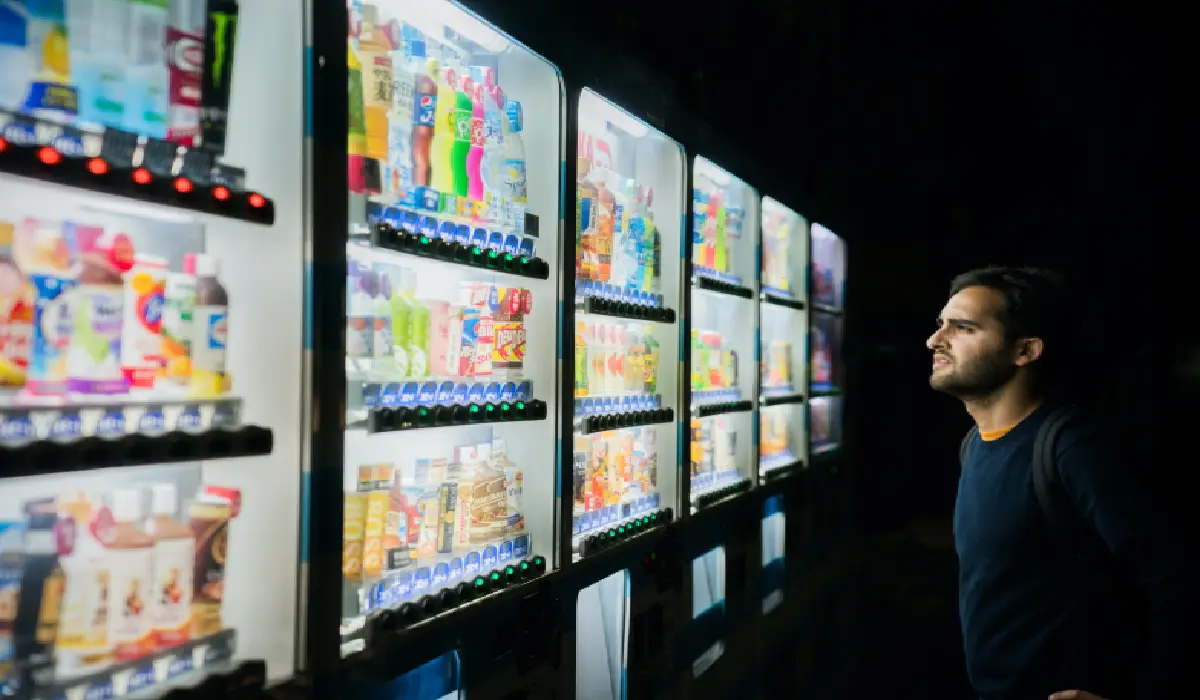
Behavioral sciences include those various disciplines dealing with the subject of human actions, usually including the fields of sociology, social and cultural anthropology, psychology, and behavioral aspects of biology, economics, geography, law, psychiatry, and political science. This science helps us understand the consumption pattern, which has a direct role in determining the sustainable consumption actions of the people. Sustainable Consumption and Production (SCP) was introduced in the 2002 World Summit on Sustainable Development in Johannesburg. Incorporation of behavioral sciences into policy making can bring about great changes in the policies adopted in for Sustainable Development, especially in developed and developing nations.
Studies shows that the world consumes within 9 months what it produces in a year. This is an extreme situation that can affect the carrying-capacity of the earth. Governmental policies are more focused on production and supply only. This should change and more attention should be given to check the consumption and demand patterns of the people. Incorporating a demand-oriented and consumer-focused approach in governance is the need of the hour.
Long story short
- APPLICATION OF BEHAVIORAL SCIENCE IN SUSTAINABLE CONSUMPTION
- BARRIERS TO SUSTAINABLE CONSUMPTION DUE TO BEHAVIORAL IMPLICATIONS
- SOLUTIONS
- CONCLUSION
APPLICATION OF BEHAVIORAL SCIENCE IN SUSTAINABLE CONSUMPTION
There are various tools available for the government to impart behavioral changes in the people. It includes rules and regulations, bans, industry-wide standards, economic incentives like taxes and subsidies, labeling, tagging, outreach and marketing campaigns. Increased taxing on liquor is one such example. But this can also cause a negative effect as these regulations have a general aversion among the people. Also, incentives add extra burden on the government whereas some of the bans and regulations can lead to political instability in the society. Thus, implementation of such policies should be done only after detailed analysis and with far-sightedness.
Each day across the world, individuals make small choices and take small actions that have, as a whole, aggregating impact on our planet’s natural resources. How people decide which product to buy? How to use resources like energy and water? How to make decision on recycle and reuse? All these depends not only on the availability, access, price and quality of the alternative sustainable products, but also on less visible factors like peer behavior and cultural context. Sustainable products being seen as an alternative source is the major problem. Instead, sustainable products must be seen as THE products for consumption.
BARRIERS TO SUSTAINABLE CONSUMPTION DUE TO BEHAVIORAL IMPLICATIONS
First of all, sustainable consumption does not matter to an individual unless he/she feels the need for it directly in their life. Everyone knows about climate change and its effect. But no one is careful enough to handle it in small ways possible as they do not feel its direct influence. The need to conserve various animal/plant species remains as the sole interest of the social workers and environmentalists and not of the common people.
Another hurdle is the concept of Intention-Action Gap (the difference between good intentions and actual behavior). Even though an individual want to recycle a product, his daily routine causes him to forget about his intentions of the sustainable act. This is not deliberate, but rather behavioral. There is very less a state can do in such situations. Here the individual actions and thinking comes into play.
Peer influence is another major barrier for sustainable practice. A person is likely to throw a waste material on the road where it is already littered, forgetting the fact that it is the sick who needs a doctor. The same individual may not throw the garbage if the place was free of litter. This lack of thought that each individual act can lead to bigger changes is what is missing from the people. In a society where owning a car is a status symbol, people would surely refuse to use the public transport system, even if they want to.
Lastly, it is always hard to do things uniquely. People finds its easier to go on with the conventional practices of consumption rather than bringing a change. Individual acts of sustainability is very important. But when these actions are promoted to the institutional levels or even to the governmental levels, it can lead to sustainable development of the entire country and even globally.
SOLUTIONS
Efficient use of energy at every household is the foremost need. Inefficient equipments in the kitchen itself can lead to energy wastage as well as pollution. It is estimated that household contributes to 29% of energy consumption and 21% of total carbon emissions. Studies shows that this consumption of energy can be reduced by 5-20% if behavioral strategies are applied.
Sustainable development should be made as a subject of study for children. Over exploitation and inefficient use of resources due to craving for more profit and individual gains should be taught to negatively affect the society in the primary levels itself. Only a generation of positive thinkers as well as doers will be able to produce generations of the same.
Public transport facilities must be improved. Care should be given to promote the use of these public utilities. Construction and expansion of these modes should be done in a sustainable manner, causing the least ecological impact.
Seasonal variation in food consumption should be promoted. Diet should be based on season and incentive on agricultural goods should be allotted based on these parameters. Production of these goods should also be in a sustainable manner and the state should be responsible in ensuring it.
Finally, behavioral sciences must be applied by the policy-makers while formulating them. Far-sighted policies and actions must be designed and implemented. Governments should not only be enthusiastic in formulating policies, but also should check whether things are being enforced properly.
CONCLUSION
Over the past decades, we as individuals as well as institutions have been witnessing the need for sustainable development and the deleterious effects due to its absence. It is never too late to do the right thing. We have been in search for a better alternative for the existing methodologies that have caused so much of destruction to the environment. Now that we have found it- Sustainable Development, it is the time to act. By building policies that are focused on better understanding of the human behavior, we can rectify the mistakes that we have done in the past and create a more sustainable future for our planet.
Reference : UNEP publication – CONSUMING DIFFERENTLY, CONSUMING SUSTAINABLY: BEHAVIOURAL INSIGHTS FOR POLICYMAKING

